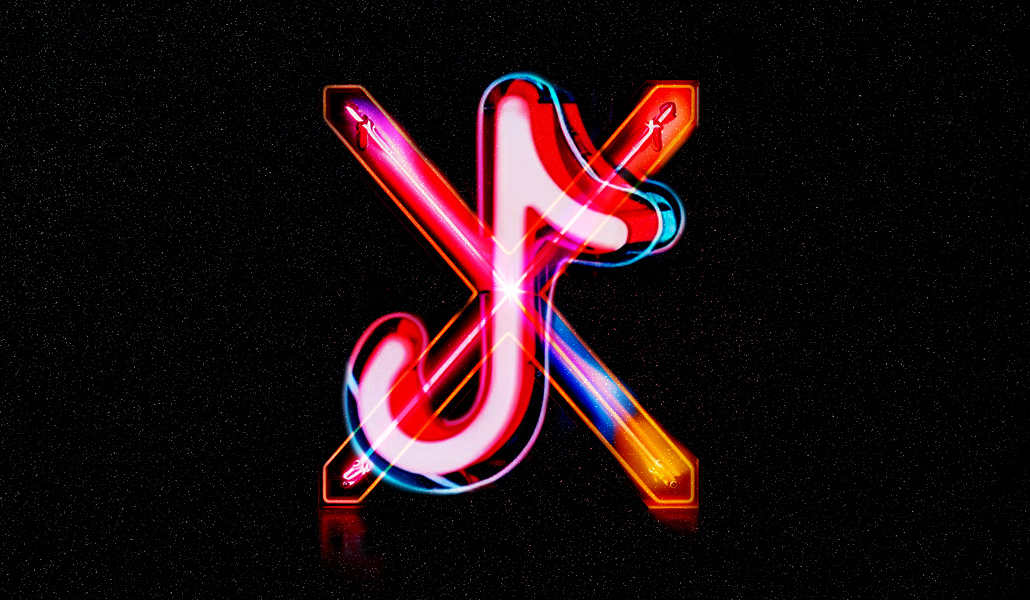While TikTok’s uncertainty in the U.S. continues, its platform competitors are already making moves to steal its ad dollars.
That is, Snapchat, Meta, Pinterest and Google are pitching to be part of advertisers’ TikTok contingency planning.
And why wouldn’t they? They are all competing for the same growing pot of digital ad dollars after all. Some are blatantly making the case; others are just using implied messaging. Then if (or when) the day comes that advertisers want to jump ship from TikTok, they’re ready to catch their cash.
Snap made that clear recently.
Patrick Harris, president of Americas at Snap previously told Digiday, that given the TikTok uncertainty, marketers are looking for alternative platforms to invest in. Which is why the messaging app has been focusing on becoming a platform where advertisers can reliably expect consistent returns.
Which chimes with the conversations Traci Ashbury, social investment lead at Goodway Group, has had with the mobile messaging app’s representatives. While they haven’t explicitly stated their intent to turn TikTok’s pain into Snap’s gain (they didn’t even mention the entertainment app by name in those conversations), they have discussed with her team how advertisers can leverage the platform, by encouraging usage of Snapchat-specific features.
“Snap has been trying to push more bespoke solutions for advertisers to explore, such as its immersive ad formats including custom lenses, AR shopping and channels or networks on the platform (such as its new content channel Snap Sports Network, [which covers unconventional sports such as dog surfing, extreme ironing and so on],” Asbury added.
Timing is everything when it comes to these moves, and the underlying messages are certainly not lost on advertisers.
As Amy Rumpler, svp of search and social media services at Basis Technologies noted, her team’s formal communications with TikTok competitors, don’t call out TikTok or its potential ban directly. Instead, they’ve noticed specific products or platform aspects being promoted are for leveraging against TikTok.
“Spending incentives are common across all search and social partners,” she said. “TikTok has been promoting this over the last year, but it feels like competitors are increasing this specific type of promotion in the past few months, certainly more than what they were doing a year ago.”
And those competitors are Google, Meta and Snapchat.
Another instance where Rumpler and the team has noticed these commonalities is creators. Platform peers have been promoting and rolling out ad products aimed at streamlining the collaboration between brands and creators — a huge reason why they’ve been spending on TikTok.
Meta has certainly been at the forefront of all this having been pushing Reels and announcing monetization opportunities on the format at NewFronts earlier this month. A U.S. ad exec said they felt the announcement of Reels shopping and creator emphasis was an indirect jab at TikTok.
“I was talking with someone from Meta between events and simply asked, ‘are you emphasizing Reels because of what’s going on with TikTok?’, but she didn’t have an answer.”
Coincidental? Probably not. These platforms are still businesses that need to make a profit after all.
And then there’s the similarities around platform scale: “Some of them [the other platforms] have refreshed their messaging to highlight how engaged and leaned-in their audiences are — which is a specific strength of TikTok,” Rumpler added. And platform effectiveness: “Best practices that competitors share reference to some similar practices that are effective on TikTok in terms of ad length, audio options and format.”
Pinterest is one platform which has started to make these comparisons quite blatantly. Sure, it isn’t a straightforward apples to apples comparison to TikTok, the platform hasn’t shied away from the opportunity to also throw their hat in the ring.
Another U.S. ad exec who wanted to remain anonymous said how Pinterest has actually sent them research which details comparisons of viewership on Pinterest vs TikTok.
“They sent it over after the date that Biden signed the legislation, so pretty recently,” they said.
Other more blatant efforts have come from Google.
Google bosses reportedly told their employees to encourage advertisers to spend on YouTube, given that TikTok could still be banned in the U.S, Business Insider reported this month. And those talks should focus on highlighting the benefits of spending there, such as its efforts around brand safety.
One individual from a U.S. advertising agency, that asked to be anonymous to Digiday, confirmed that TikTok has not been mentioned in formal pitch decks from Google. But they did say that Google has periodically checked in to gauge buyer sentiment for its own platforms. The timing coincided with the TikTok bill making its way through Congress.

